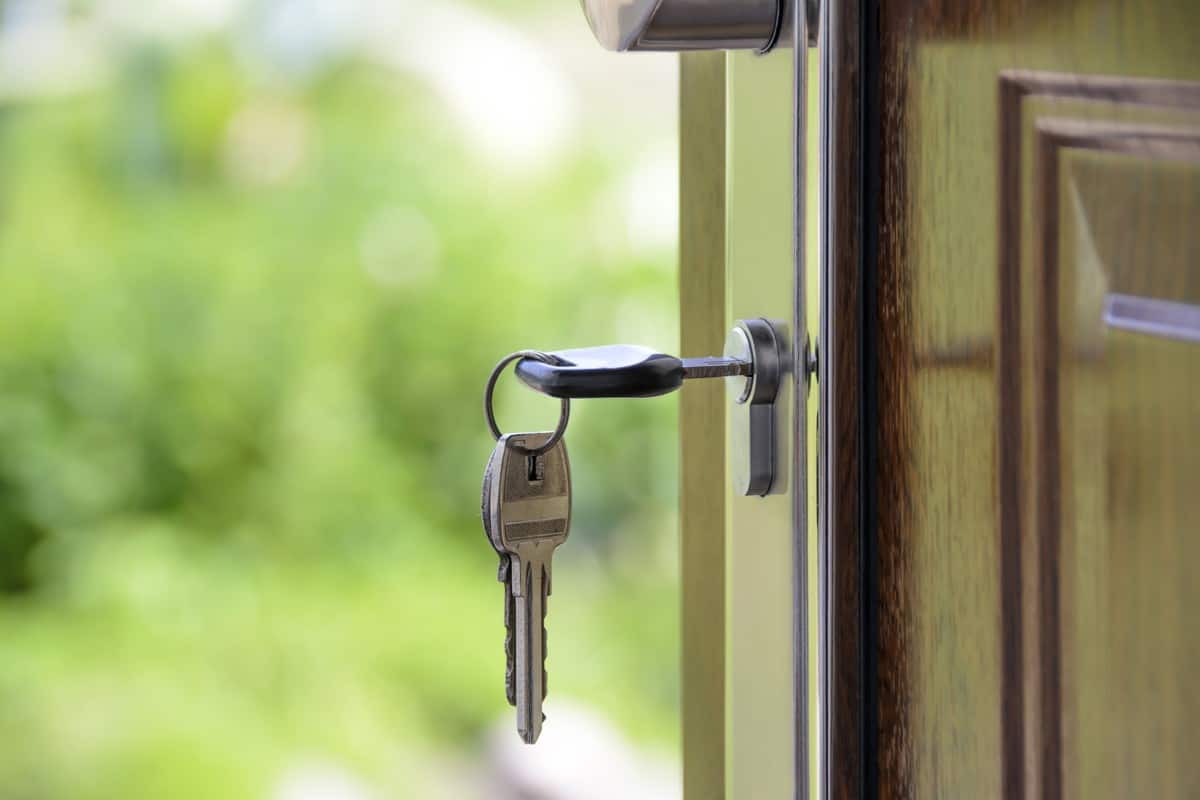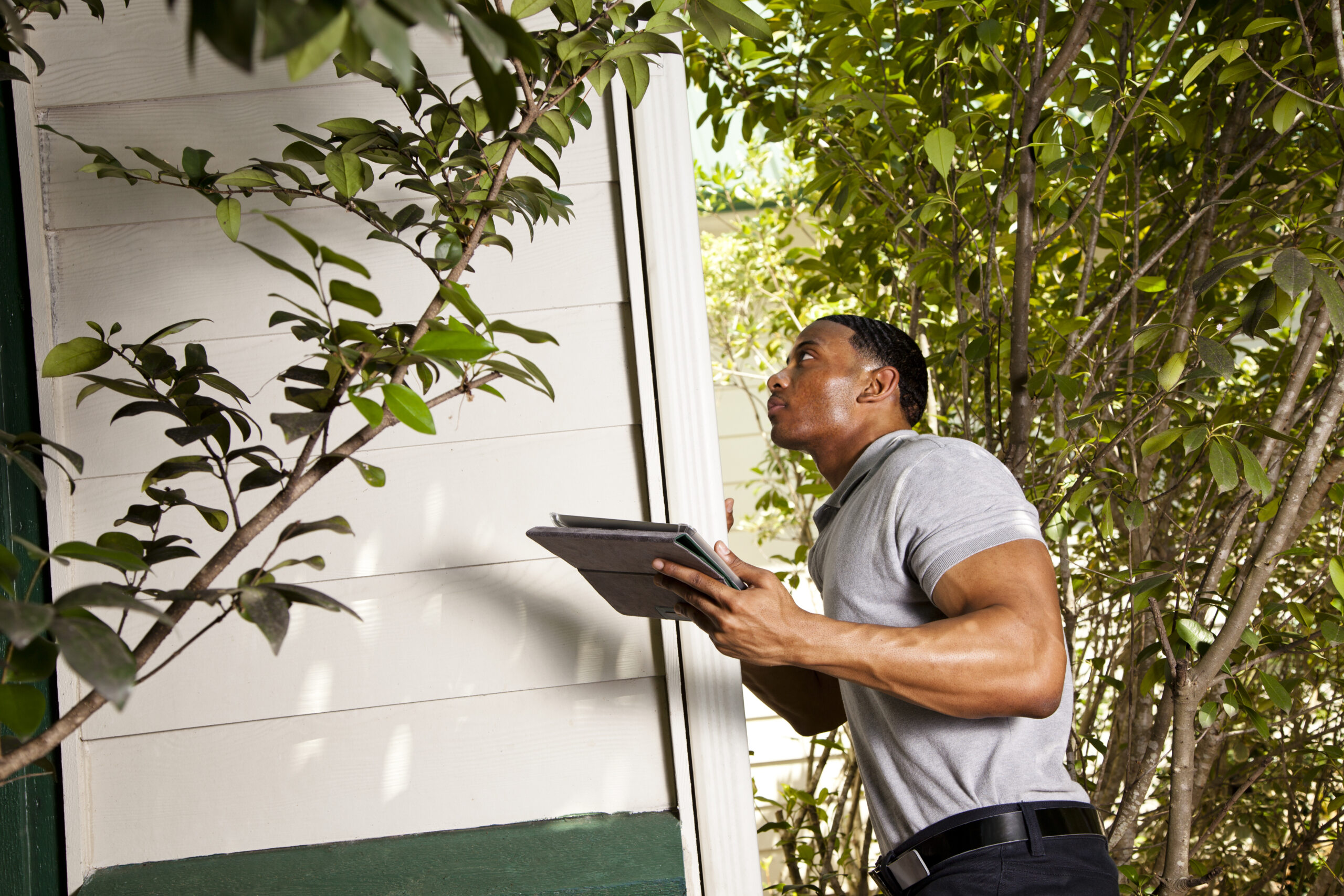It’s no big secret — buying a house is extremely stressful.
A real estate purchase can affect your life and finances for years to come. So, it’s no real wonder why people get a little antsy about possibly making the wrong decision.
Fortunately, there are plenty of moments in the home purchase process where you’re free to pull the ripcord and bailout of a bad deal. The trick is knowing when those moments are.
Thinking buying a house, but want to know where the backdoor in the buying process is, just in case? We’re here to help!
Here’s everything you need to know about when you can back out of buying a house.
When Is It Too Late to Back out of Buying a House?
There comes a time in the home buying process where you cross the point of no return. You either go through with the purchase or face some pretty costly consequences.
Fortunately, as a home buyer, the window of time in which you’re able to change your mind is pretty big.
In short, until closing and until you sign a sales agreement, you are allowed to back out of buying a house.
That said, there could be more factors that affect your ability to back out of a deal and ways to cancel the transaction after closing. Here’s everything you need to know about backing out of a real estate sale as a buyer.
Can a Buyer Back out of a Real Estate Contract Before Closing?
Short answer: Absolutely.
Offers and counteroffers are not legally binding until both parties agree upon a price. During this bargaining process, you are free to step away from the deal at any point.
Crack open any first time home buyer guide, and you’ll find the same thing; Until you sign something stating otherwise, you’re free to change your mind about buying a house.
That said, once you accept an offer, stepping away from the deal can get a little messier. There may even be repercussions, depending on where you are in the home buying process and what contingencies you have in place.
Unfortunately, if you put down a deposit on the home ahead of time, backing out of the sale after accepting an offer could mean forfeiting all of that earnest money. It all depends on your initial sales agreement and preset contingencies.
In rare cases, if you decide to back out after accepting an offer without a contingency, that’s to say without a justified cause, the seller may elect to take legal action against you by suing you for “specific performance.”
If you have a spoken agreement with a seller, the worst thing that will probably happen after backing out is that you’ll make the seller a bit angry.
While that may not sound too bad, after all, you can’t get in legal trouble for annoying someone, backing out of buying a house can affect your reputation as a buyer.
Can You Back out of Buying a House After Signing a Contract?
It’s home buying 101; once you sign the purchase agreement, the sale is complete, and there’s no backing out. Congratulations, you’re a brand new homeowner.
Attempting to back out of buying a house after closing can land you in some pretty hot water, legally speaking.
Backing out of a sale post-closing constitutes a breach of contract, and the seller could wind up suing you — which can kick off a long, tedious, and expensive process.
Many sales contracts include clauses for liquidated damages; i.e., a set amount of cash you’re going to have to cough up if you decide to breach your agreement.
All of that said, there are a few home buying contingencies that can allow you to successfully back out of a sales agreement — depending on where you are.
If you discover damages or defects after moving in that the seller did not disclose before closing, you may be able to rescind the transaction and back out of the sale after the fact.
The Other Side of the Process
Just as it takes two to tango, a real estate sale also requires two parties: the buyer and the seller.
That said, when it comes to canceling a transaction, homebuyers tend to have a little more power than sellers do. But that’s not to say they don’t have a few options at their disposal.
Can a Seller Back out of an Accepted Offer on a House?
In short: No.
Once a seller accepts a buyer’s offer, the ball leaves their court, and they must hold up their end of the bargain.
If the seller fails to hold up their end of the deal, that could constitute a breach of contract. Meaning, they would be liable for any damages and covering and earnest money put down by the buyer, depending on the agreements previously set in the initial purchase contract.
However, if the buyer is unable to meet specific contingencies in the purchase contract, that could give the seller justified cause to pull out of the sale scot-free.
Can the Seller Back out of the Contract After the Home Inspection?
In the entire buying/selling real estate process from start to finish, nothing is as volatile as the home inspection.
A home inspection can completely obliterate a buyer’s interest in a property, drastically change the final asking price, and give the seller an easy pass out of the sale.
If the buyer asks the seller to cover the cost of a repair, it voids the previous contract and gives the seller a way to force the buyer into canceling the sale.
The seller can refuse to cover the additional costs. When this happens, the buyer must either give up and foot the bill themselves or cancel the sale altogether. This process is known as “constructive cancellation.”
How to Get out of a Real Estate Contract Before Closing
Whether you decide to back out of buying a house because of the home inspection or cold feet, your real estate agent will be able to help you navigate the process.
That said, if you do not have a real estate agent, you may want to consider looking into consulting a real estate attorney, even if you are backing out with a contingency.
Finally, if you need to back out of the sale for a personal reason, you can always consider writing the seller a letter or having a conversation with them. By taking the time to present your case respectfully, you’ll be able to find a solution that works for both parties.
Canceling the Sale: When Can You Back Out of Buying a House?
Now that you when you can successfully back out of buying a house, you can take on the real estate buying process with confidence.
But what do you do if you need a little help affording your dream home? We’ve got you covered.
Check out our Mortgage Tools to help you find the right home loan for you today!



